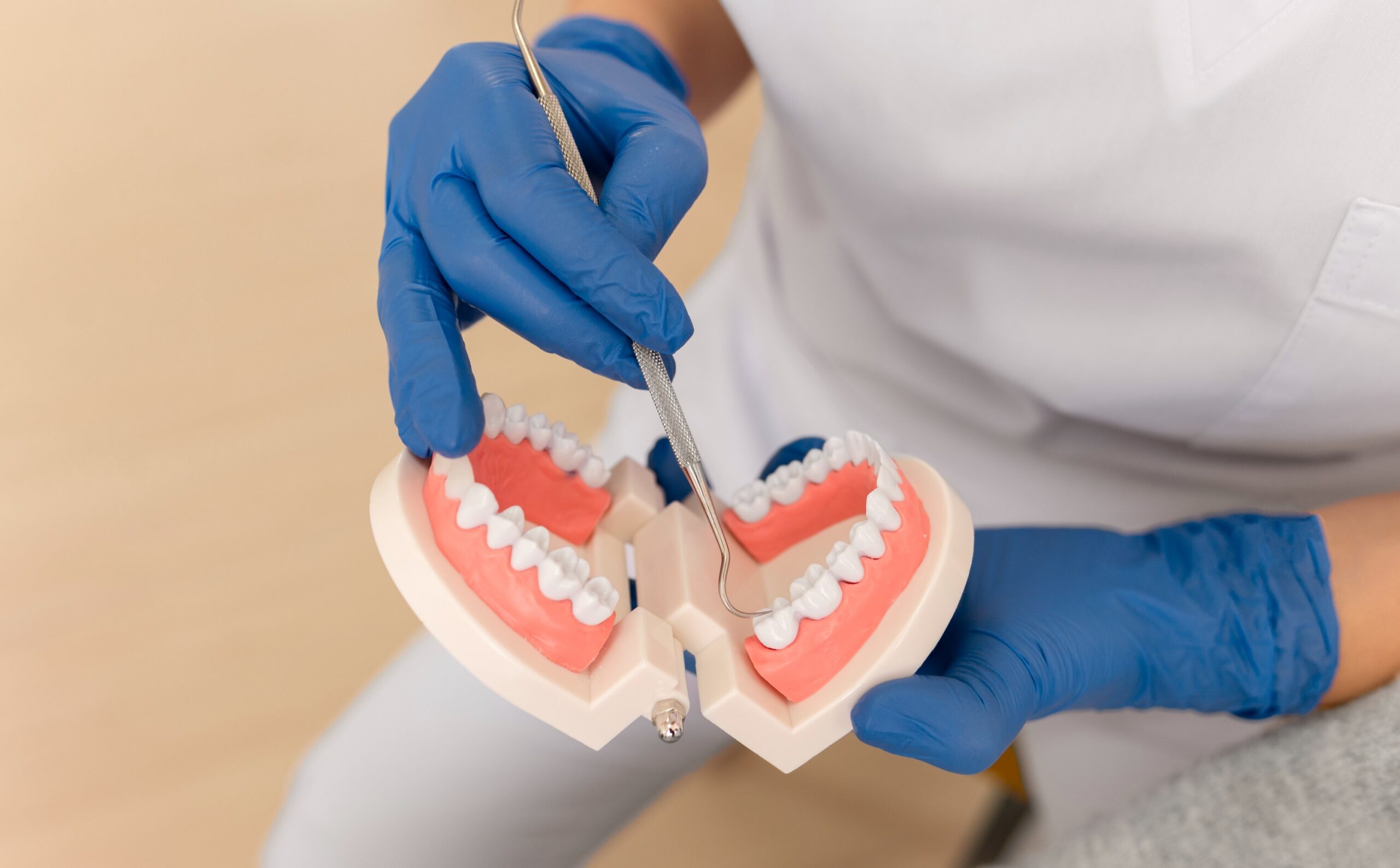Maintaining good oral hygiene is crucial for everyone, but it becomes even more essential when you have artificial teeth, such as dentures or dental implants. Proper artificial teeth cleaning not only ensures the longevity of these dental appliances but also promotes overall oral health. In this article, we’ll explore the importance of regular cleaning for artificial teeth, best practices for cleaning, and tips for maintaining a healthy mouth.
Understanding Artificial Teeth
Artificial teeth are dental prosthetics designed to replace missing or damaged teeth. They can take various forms, including:
- Complete Dentures: Used when all teeth in the upper or lower jaw are missing.
- Partial Dentures: Designed to fill in gaps when some natural teeth remain.
- Dental Implants: Surgically placed titanium posts that act as roots for artificial crowns.
While these solutions significantly improve the quality of life for many individuals, they require special care and attention to remain in optimal condition.
Why Regular Cleaning is Essential
1. Preventing Bacterial Growth
Just like natural teeth, artificial teeth can harbor bacteria and food particles. If not cleaned regularly, these can lead to:
- Plaque Buildup: This sticky film can accumulate on artificial teeth, leading to irritation of the gums.
- Bad Breath: Unpleasant odors can arise from bacteria that thrive on unclean surfaces.
- Infections: Poor hygiene can increase the risk of gum infections and other oral health issues.
2. Maintaining Aesthetics
Artificial teeth can become stained or discolored over time if not cleaned properly. Regular artificial teeth cleaning helps:
- Preserve Color: Keeping your dentures or implants clean prevents discoloration from foods and beverages like coffee, tea, or red wine.
- Enhance Appearance: A clean set of artificial teeth looks more natural and appealing, boosting your confidence.
3. Extending Lifespan
Proper care can extend the lifespan of artificial teeth. Here’s how regular cleaning contributes to longevity:
- Preventing Damage: Routine maintenance helps identify and address small issues before they escalate into significant problems.
- Reducing Replacement Frequency: Well-maintained artificial teeth need less frequent replacement, saving both time and money.
4. Supporting Overall Oral Health
Regular cleaning of artificial teeth plays a significant role in your overall oral health. Clean teeth and gums reduce the risk of:
- Gum Disease: Healthy gums are crucial for supporting artificial teeth, preventing discomfort, and ensuring proper fit.
- Systemic Health Issues: Oral health is linked to overall health; poor hygiene can contribute to conditions like diabetes and heart disease.
Best Practices for Cleaning Artificial Teeth
1. Daily Cleaning Routine
Establishing a daily cleaning routine is crucial for maintaining artificial teeth. Follow these steps:
a. Rinse After Meals
After eating, rinse your artificial teeth to remove food particles. This simple step can prevent plaque buildup.
b. Use the Right Tools
When cleaning your artificial teeth, use:
- Soft-Bristled Brushes: These are gentle enough to clean without scratching the surface.
- Non-Abrasive Cleaners: Avoid toothpaste with abrasives, as they can damage the materials used in artificial teeth.
c. Soak Overnight
If you wear dentures, soaking them overnight in a denture cleanser can help remove stains and kill bacteria. Follow the manufacturer’s instructions for best results.
2. Deep Cleaning
In addition to daily cleaning, a more thorough deep cleaning should be performed regularly:
a. Professional Cleanings
Visit your dentist or denturist for professional cleaning every six months. They can remove stubborn stains and plaque that at-home cleaning might miss.
b. Ultrasonic Cleaners
Some people opt for ultrasonic cleaners that use sound waves to clean artificial teeth gently. These devices can be particularly effective for getting into hard-to-reach areas.
3. Avoiding Harmful Substances
Be mindful of what you expose your artificial teeth to:
- Avoid Hard Foods: Foods that are too hard can damage dentures or dislodge implants.
- Limit Staining Substances: Consider reducing your intake of coffee, tea, or red wine, or rinse your mouth afterward to limit staining.
4. Maintenance of Oral Hygiene
Good oral hygiene practices go beyond just cleaning artificial teeth:
a. Clean Natural Teeth
If you still have natural teeth, brush and floss them regularly to maintain oral health.
b. Care for Gums
Use a soft brush or a damp cloth to clean your gums and any remaining natural teeth to prevent irritation and infection.
c. Regular Dental Visits
Schedule regular dental check-ups to ensure your artificial teeth and oral health are in good condition. Your dentist can provide personalized care recommendations based on your unique needs.
Special Considerations for Different Types of Artificial Teeth
1. Complete and Partial Dentures
For those using complete or partial dentures, additional considerations include:
- Handling with Care: Be gentle when cleaning to avoid breakage. Always clean over a soft surface, like a towel, to catch them if dropped.
- Adjusting to New Dentures: It may take time to adjust to wearing dentures. If you experience discomfort, consult your denturist for adjustments.
2. Dental Implants
For individuals with dental implants, the focus should be on:
- Caring for Surrounding Gums: Keep the gums healthy to support the implants. Brush gently around the implant area and use an antibacterial mouthwash.
- Regular Monitoring: Be vigilant about changes in gum health or implant stability and consult your dentist if any issues arise.
Conclusion
Regular artificial teeth cleaning is not just about maintaining appearance; it is integral to your overall oral health and well-being. By adopting a comprehensive cleaning routine, seeking professional help, and taking care of your natural teeth and gums, you can ensure that your artificial teeth serve you well for many years.

